There exists a corresponding relationship between diet and oral health: a balanced diet is correlated to a state of oral health (periodontal tissues, decay rate, and quality/quantity of saliva). There are many dietary choices we can make to minimize the risk of most dental problems.
- Limit carbohydrate intake in between meals
- Carbohydrates are broken down in the saliva by bacteria in the mouth and form acids which are harmful to teeth and surrounding tissues
- Minimize exposure to acidic beverages such as coffee and tea. Avoid sodas.
- Consuming beverages other than water in between meals limits the saliva’s ability to neutralize the pH of the saliva. While coffee and tea have been shown to have some beneficial effects with anti-cancer and other systemic health benefits, sodas have no nutritional value and should be avoided.
- Drink more water
- Water cleanses the mouth, lowers bacterial counts, and neutralizes the pH
- Eat more fruits and vegetables
- Fruits and vegetables are rich in antioxidants which have been proven to be beneficial for oral tissues
- Consume less processed foods
- Processed foods have been stripped of their vitamins, minerals, and antioxidants. A lack of nutrients in the body leads to poor healing and increased inflammation which exacerbates conditions of gingivitis and periodontitis.
- Avoid sticky foods including dried foods like raisins and dates
- Sticky foods get trapped in the grooves of teeth and cause decay more easily than fresh foods and fruits. Also, crackers are much more likely to stick in the grooves of teeth than bread. Try giving your kids nuts and fresh fruit as a snack instead.
